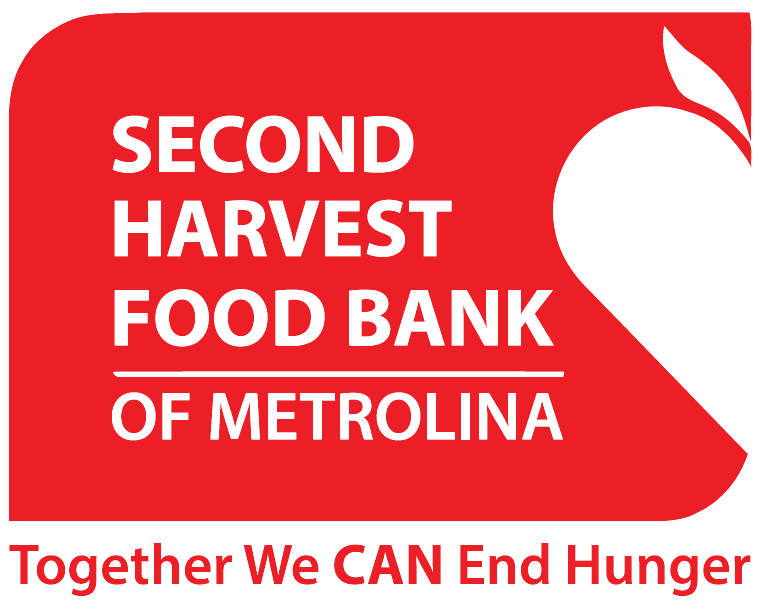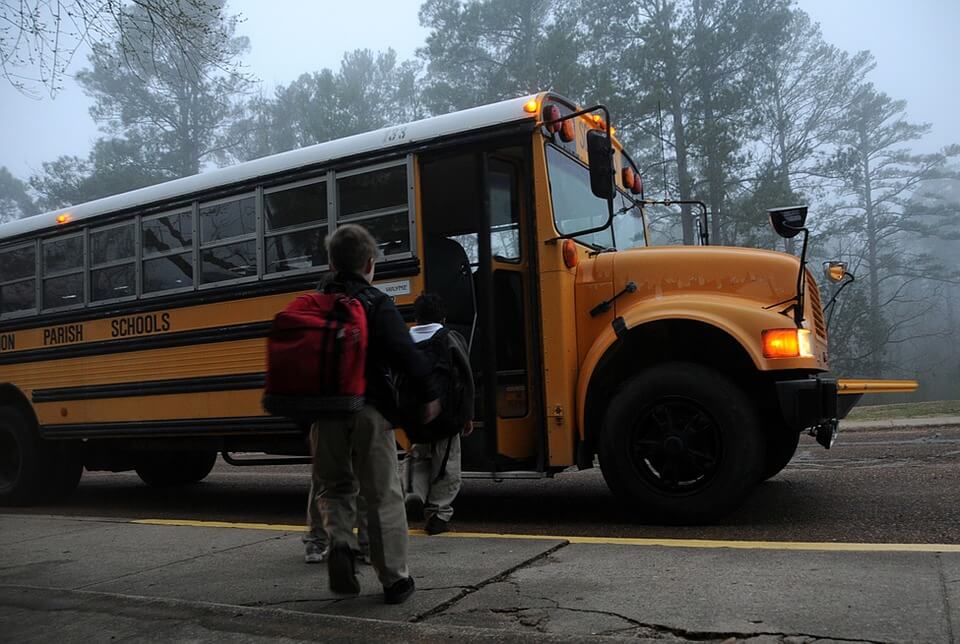 Our efforts to fight childhood hunger through #RANoHungryChild continue, this time in North Carolina with Second Harvest. Using Random Acts funds, we were able to donate to their Backpack Program, which helps school-aged kids, many of whom are reliant on free or reduced lunches during the week, to get nutritious meals on the weekend. Here is another great example of helpful innovation, where a group of kindness warriors saw a gap in food insecurity and rose to fill it.
Our efforts to fight childhood hunger through #RANoHungryChild continue, this time in North Carolina with Second Harvest. Using Random Acts funds, we were able to donate to their Backpack Program, which helps school-aged kids, many of whom are reliant on free or reduced lunches during the week, to get nutritious meals on the weekend. Here is another great example of helpful innovation, where a group of kindness warriors saw a gap in food insecurity and rose to fill it.
We sat down with CEO of Second Harvest, Kay Carter, to learn more about the Backpack Program and other initiatives fighting childhood hunger, as well as ways to get more involved in your own community. Read on!
This interview has been edited and condensed.
Random Acts: Can you tell us a bit more about the Backpack Program?
Kay: We started the Backpack Program about 12 years or more ago. The idea behind it was we felt sure that when children were at school, they were receiving their breakfast and lunch meal. But we were less sure of what was happening with them when they would go home on the weekends. So the Backpack Program was born as a partial solution to that.
What we do is we pack backpacks full of nutritious food that the children take home on Fridays. We include things like low-sodium foods, chicken noodle soup, vegetables and fruits, peanut butter and whole grain cereal. It varies from pack to pack, but the general idea is for the kids to have as many meal replacement options as possible to get through the weekend.
When we first started, we distributed about a thousand packs and we thought, wow, this is great! Now we can distribute a couple hundred thousand a year! We serve a lot of elementary schools and some middle schools–primarily schools that have very high free and reduced lunch rate.
Random Acts: Do the children bring their backpacks in after the weekend? Or is there enough to last them through a few weekends?
Kay: No we ask the kids to bring them back (on Monday). That is part of it, kind of teaching them some responsibility as well. And of course if they forget, we still give them a bag because, again, they are tiny tots for the most part. But we do encourage them, and the teachers really work with them on that.
The teachers, counselors, and school nurses pick the children that are most in need of the service and then work with that group of kids. They do it in a very low-key way because, especially when you get into middle school, these kids are more embarrassed (that they need the help). The elementary school kids though, they love to show you their pack!

Random Acts: What can you tell us about the other Second Harvest programs?
Kay: We are part of the Feeding America Network which has over 200 food banks that collectively serve every county in the United States, including Alaska and Hawaii. We also help in Puerto Rico. The Food Bank’s primary purpose is to provide other non-profit agencies that feed the hungry with food resources. We supply emergency pantries, soup kitchens, homeless shelters, senior programs, low-income daycare. And then over and above that, many of us run our own programs, like the backpack program.
We have a couple of other childhood hunger programs. We have one called Kids Cafe, where we partner with existing agencies that serve at risk children like a Boys and Girls Club. We go in and make it possible for the children that are going and getting other services to also have healthy meals and snacks while they are on site.
We also have a program called our school-based mobile pantry, which came about as kind of a natural extension of the backpack program. We thought, okay, how can we go beyond helping that one child with a backpack food and providing a service to the greater family? And how can we provide fresh produce (meat, dairy and eggs)? So we go into very high poverty rate schools, generally 85% and higher free and reduced lunch. We set up these mobile shopping experiences for the family, and that allows them to not only get staples, but three or four different types of produce. It is designed to help a family through about a week period of time.
We also focus on senior hunger. We work with Meals on Wheels partners and when they go in to take food once a month, they take the extra supplemental boxes with fresh produce to bridge that gap. We do a lot of different programs like that, just focusing on different parts of the population that need our assistance.
Random Acts: Can you share with us a success story you’ve witnessed while working with Second Harvest?
Kay: We don’t often work directly with the clients, but what we hear our school teachers say is that once a child starts on the Backpack Program, they come to school on Monday not hungry and better equipped to learn. The families that are getting meals are able to refocus those resources on other things they need.
I never get tired of going to the school based mobiles and seeing the families and kids. The kids get so excited over the produce. They love strawberries and apples, and you can tell that it is a special thing for them. Something many of us take for granted. The seniors too, will pick up produce and talk about how they are going to cook it. I wish I could spend every day like that, you know, going to a school or a senior center.
Random Acts: If someone wanted to get involved and affect some change in their own community around childhood hunger, where do you suggest they start?
Kay: Food banks are incredibly efficient. We work hard to get a lot of produce donated to keep our administrative costs low. But that means we are heavily dependent on volunteers! This past year we did over 300,000 volunteer hours and every hour saves us money. The value of an hour to a non-profit is somewhere in the neighborhood of $22-$23. So if you think about it, that can be translated into cost savings and can be redirected to programs.
Making financial donations, or doing a food drive in your community–there are so many different ways to help! Feeding America has a great website where you can select whatever state you are in and it will pop up a list of food banks and which counties they serve. It is a great way to get involved and meet other people that care. Obviously you guys (Random Acts supporters) care, and so it’s a great way to meet like-minded people!
